Why Our Full-Service Restaurant Excels at Beverage Training Management
Bartending may not seem like rocket science, but there’s undoubtedly a science to phenomenal bar service – and it’s central to restaurant profitability.
The Quaker Steak & Lube® bartender training program has quickly proven to be an asset to restaurant operators’ bottom lines, while providing a stronger guest and employee experience across the brand.
Here’s more insight into Quaker Steak’s best-in-class training program and why it has been so successful:
Behind the Scenes: Training the Trainers
You can’t go wrong when investing in team members. For restaurant franchisor Quaker Steak & Lube, that meant developing an innovative beverage training program that could be easily rolled out to its franchisees and their employees.
“Hosts, servers and bartenders in the front of house are the team members interacting with guests,” said Quaker Steak & Lube Beverage Manager Shannon Salupo. “It’s our responsibility to provide each staff member with the necessary skills to create a positive guest experience and uphold a strong image for our brand.”
Shannon worked with The Spirits in Motion®, a Los Angeles-based industry-leading beverage consulting company, to develop and launch the Quaker Steak & Lube bartending training program. The Spirits in Motion was established in 2011 by founders Tony Pereyra and Phil Wills, who have a combined 30+ years of bar and restaurant experience. Experts in every facet of the bar industry, Phil and Tony develop and deliver innovations in mixology and structured bar management programs. Phil is also an expert mixologist on the famed TV show Bar Rescue.
To kick off Quaker Steak’s program, two bartenders or managers from each restaurant attended a comprehensive four-day training program. Before diving into bartending skills and techniques, the trainees participated in a Quaker Steak & Lube ‘Train the Trainer’ class. This certified training program showed participants how to best communicate, teach and implement the new bar strategies at their restaurants.
“We needed to make the program robust enough to translate over into the operations across more than 40 restaurants,” Shannon said. ”We felt it was most effective to bring in two employees from each location. That way, they could serve as ‘brand ambassadors’ for the training, teach it to their staff and make sure other employees were implementing the new techniques on an ongoing basis.”
Inside the Four-Day Bartending Course
Throughout the bartender training program, participants also received a general education about wine, beer and cocktails. This included everything from basic terminology and tastings to optimal storage temperatures and a comprehensive Quaker Steak & Lube menu review.
Hands-on training also taught bartenders the nuances of mixing drinks and behind-the-bar operations, including best practices for:
Garnishes and presentation,
Strong bar atmosphere,
Streamlined operations and
Fast, accurate and friendly guest service.
“We wanted to show bartenders that you can facilitate an amazing guest experience just by using proper techniques and tools behind the bar,” Shannon said. “While bartenders with impressive flair and skills, such as juggling bottles, certainly garner customers’ attention, it’s not necessary to incorporate theatrics to make a great impression.”
In addition to best practices for serving, bartenders also learned how enhanced bar layout and organization yields fast, accurate service.
“We reorganized bartenders’ stations behind the bar to optimize workflow and avoid running back and forth to find different mixers and supplies,” Shannon said. “Having tools at hand in front of them allows bartenders to engage more with guests, while also allowing the customer to see their drink expertly mixed. A well-planned work space also results in providing faster service and accurate drink orders – which translates into higher sales and overall enhanced guest experience.”
Raising the Bar with Hands-On Training
At the end of each day of training, bartenders also implemented new pouring and serving techniques via cocktail drills and competitions.
“We wanted the training to include strong, interactive and hands-on components, and the cocktail drills were a fun way for trainees to get hands-on experience while learning,” Shannon said. “At one point during the corporate training, one team made a hand-crafted Tito’s Strawberry Lemonade better than our original recipe, and we ended up changing the recipe on the menu.”
As an added bonus, Shannon says that by letting bartenders get creative and involved in menu development, they become more engaged and satisfied with their work.
“That drives increased employee retention, which also contributes to greater profitability,” Shannon said.
Experience and Expertise that Drives Sales
The bottom line-boosting abilities of training programs don’t just lie in greater employee retention and stronger guest service, however. Better drink menu development and delivery also drives tangible beverage sales.
“Wine is fairly new to Quaker Steak & Lube, but we’ve seen strong success at our corporate-owned locations,” Shannon said. “We saw an immediate increase in wine sales after the bartender training as servers and bartenders became more comfortable with their knowledge and were able to recommend different wine pairings and add-ons to guests.”
At Quaker Steak & Lube, guests are not the only group of people who need to be served – the franchise owners do, too. Because franchisee success means success for the business as a whole, the brand will continue to invest in franchisees and their teams – with outstanding training and support from start to finish.
To learn more about franchise opportunities with Quaker Steak & Lube, fill out the franchise application or call 1-877-695-8231.

